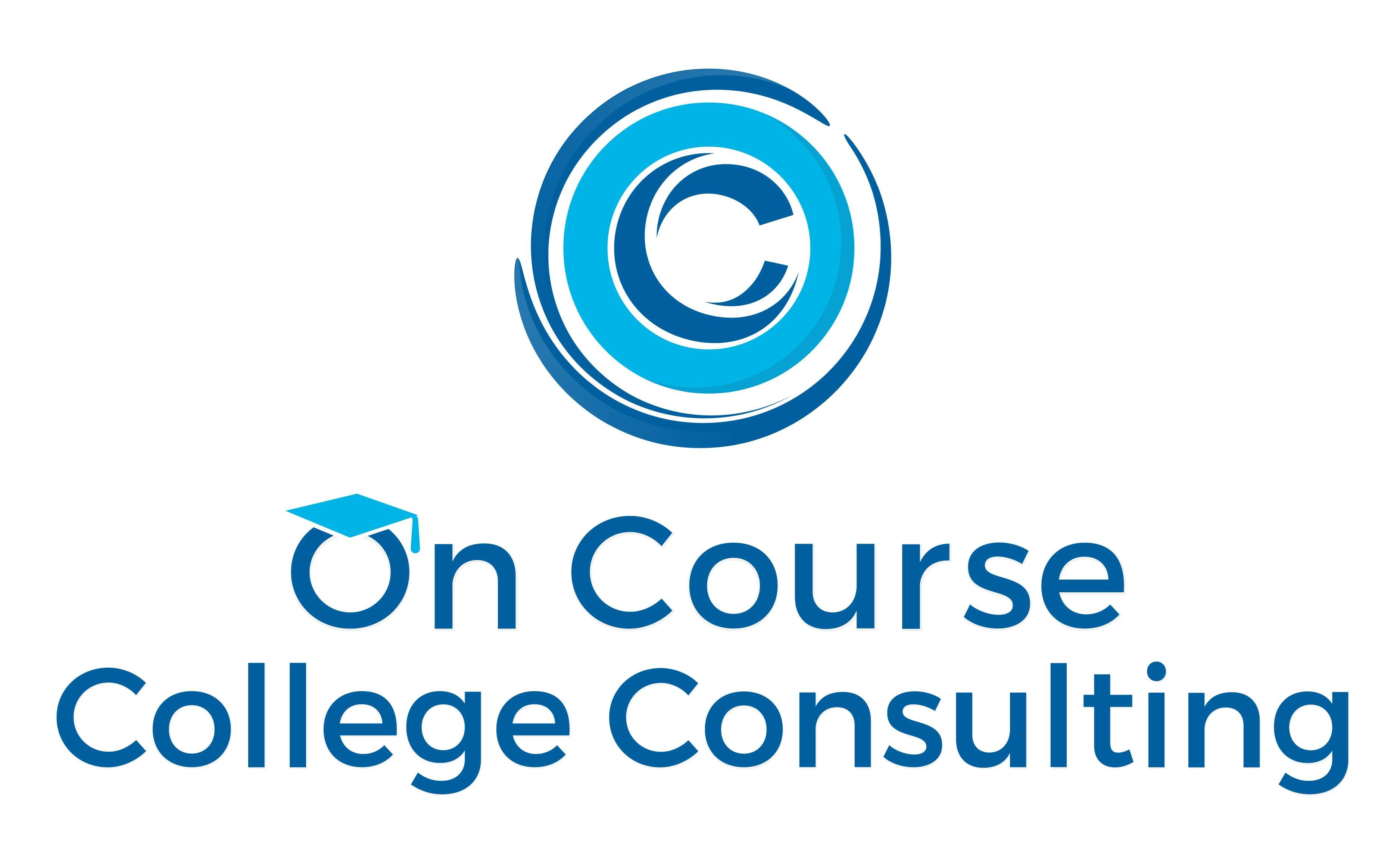Why a Comprehensive Approach?
Most families choose a comprehensive approach because it provides the best assurance of a positive outcome. All essential steps are included:
- Learning each student’s individual strengths, interests, learning styles, and preferences to explore and identify majors and long-term goals
- Developing a balanced list of colleges that will match each student’s academic goals and provide the experiences and outcomes they want from college
- Working with families to establish and stay within their college budget
- Professional college planning software to provide students easy access to accurate, up-to-date college information
- Customized application timeline and regular meetings to ensure deadlines are met
- Intensive support with essay development and completion of applications
Getting to Know You
By putting in the effort at the beginning, we’ll develop a clear understanding of your strengths, interests, and goals for the future. This provides a solid foundation on which to build your college list.
- Assessment of academic history and planning for classes, testing, and extracurricular activities
- Exploration and discussion about majors, programs, and options related to your areas of interest
- Assessments of personality, aptitudes, interests, and learning strengths to identify careers to explore
- Parent input and questionnaire
- Identification of the criteria that will be essential to providing the optimal college experience and outcome through discussion-based survey of academic, social, cultural, learning environment preferences for college
Guided Research
Students are already busy enough with school and activities. We make the research process efficient and relevant by identifying the factors that matter most, then helping students compare colleges and programs on these criteria.
- Access to professional college planning software gives students accurate, detailed information about each college so they can compare using reliable sources
- Advice on using social media productively to maximum advantage
- Campus visit planning, recommended approaches, worksheets, debriefings
Affordability
The cost of tuition and fees has risen by an average of 9.0% per year for public colleges and 6.2% per year for private colleges over the past 20 years, making it increasingly important to understand the relative value and expected outcomes of each college. We’ll clarify pricing options including need- and merit-based scholarships, establish a reasonable budget goal, and develop a college list that will be respectful of family budget and expected value.
- Explanation of college costs, range of prices, and the role of need-based aid and merit scholarships; cost comparison of U.S. colleges (in-state/out-of-state/private/etc.) and international universities, as applicable
- Explanation of federal and institutional financial aid
- Assistance with understanding FAFSA and the CSS Profile
- Explanation of how colleges use tools including merit aid and strategic enrollment management to attract their optimal mix of students
- Strategies for maximizing potential merit scholarships
Pre-Application Planning
Grades, academic rigor, classes taken, and test scores are combined with extracurricular experiences and achievements as the most important factors in college admission.
- Strategic course selection throughout high school
- Identification of extracurricular and summer activities (employment, internships, job shadowing opportunities, etc.) that will provide helpful experiences in areas of interest
- Standardized test planning (SAT, ACT)
- Explanation of colleges’ admission and scholarship decision-making processes
College List Development
All the above factors contribute to developing a balanced college list customized to meet each student’s unique goals, and where they would be thrilled to attend any of their final colleges.
- Determination of major and thorough understanding of required coursework, options for minors and specializations, accelerated programs, and experiential learning
- Likely outcomes and opportunities specific to each college and major
- Identification of colleges that will provide not only the education, but the experience and opportunities that will provide a solid foundation for chosen career or graduate studies
- Full student and family access to professional college planning software that provides the most comprehensive and up-to-date data on each college
- The college list should be finalized by the end of junior year
Application Development
The summer before senior year is the ideal time to work on essays and applications, when students have fewer competing academic obligations.
- Creation of a personalized timeline encompassing all steps of the application and essay process, with timely reminders and frequent meetings
- Support with the careful completion of all applications: Common, Coalition, UC, CU, international, and institutional applications
- Determination of optimal application timeline for each college – early decision, early action, regular admission, scholarship priority deadlines, etc.
- Coaching, guiding, planning, and appropriate editing of personal statements, supplementary essays, and short answer responses
- Development and editing of activity list and resume
- Preparation for and mock college interview
Application Management
The many components and unique requirements for each college will be closely tracked and monitored to ensure deadlines are met and the correct documents submitted.
- Recommendation letter planning and follow-up
- Timely reminders and instructions for obtaining and sending transcripts, test scores, and all other required documents to colleges
- Support with follow-up questions and requirements from colleges, including additional information and essays for students who are deferred or offered a spot on a waitlist
Decisions
Most students will receive multiple attractive offers of admission. Once the big decision has been made, students will be provided with tools and resources to help make a smooth transition to college.
- Evaluation and comparison of admission offers and financial award packages
- Guidance on deferrals, waitlist situations, and appeals
- Post-graduation resources to help students realize a smooth transition to college and maximize success in their first year
